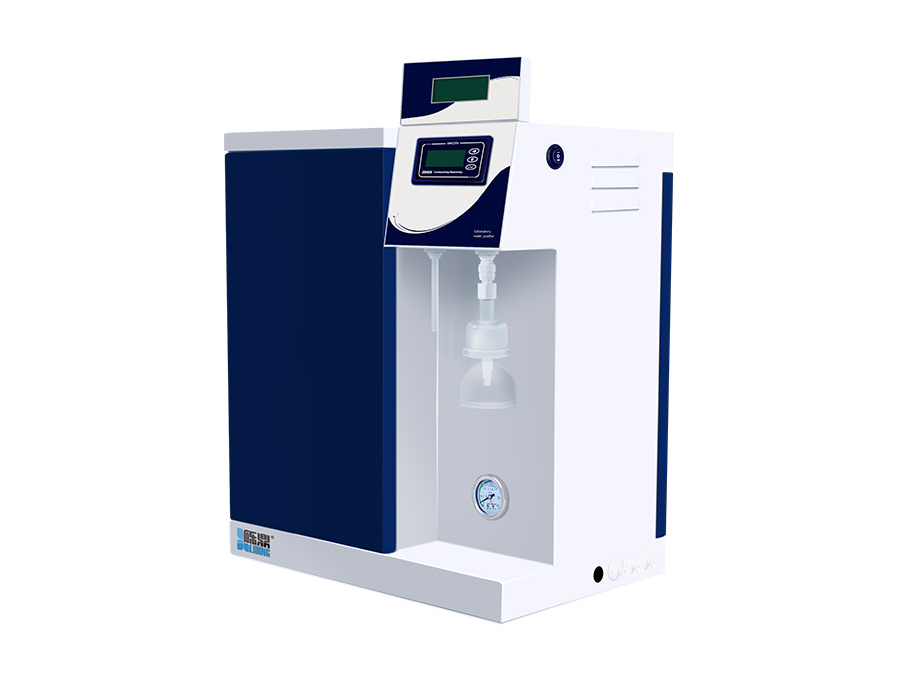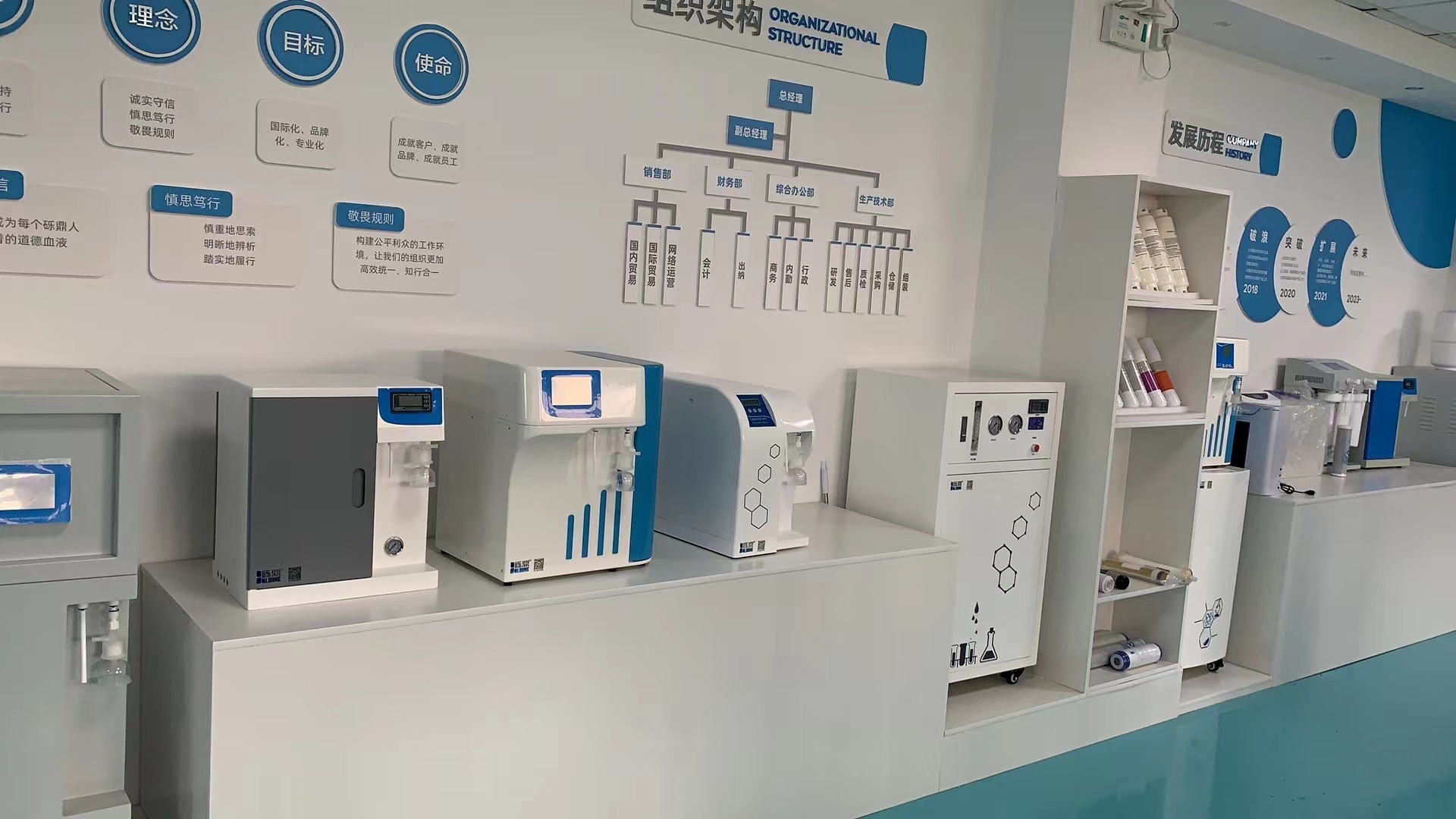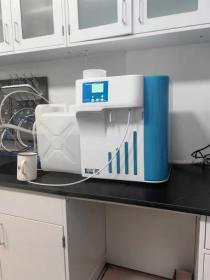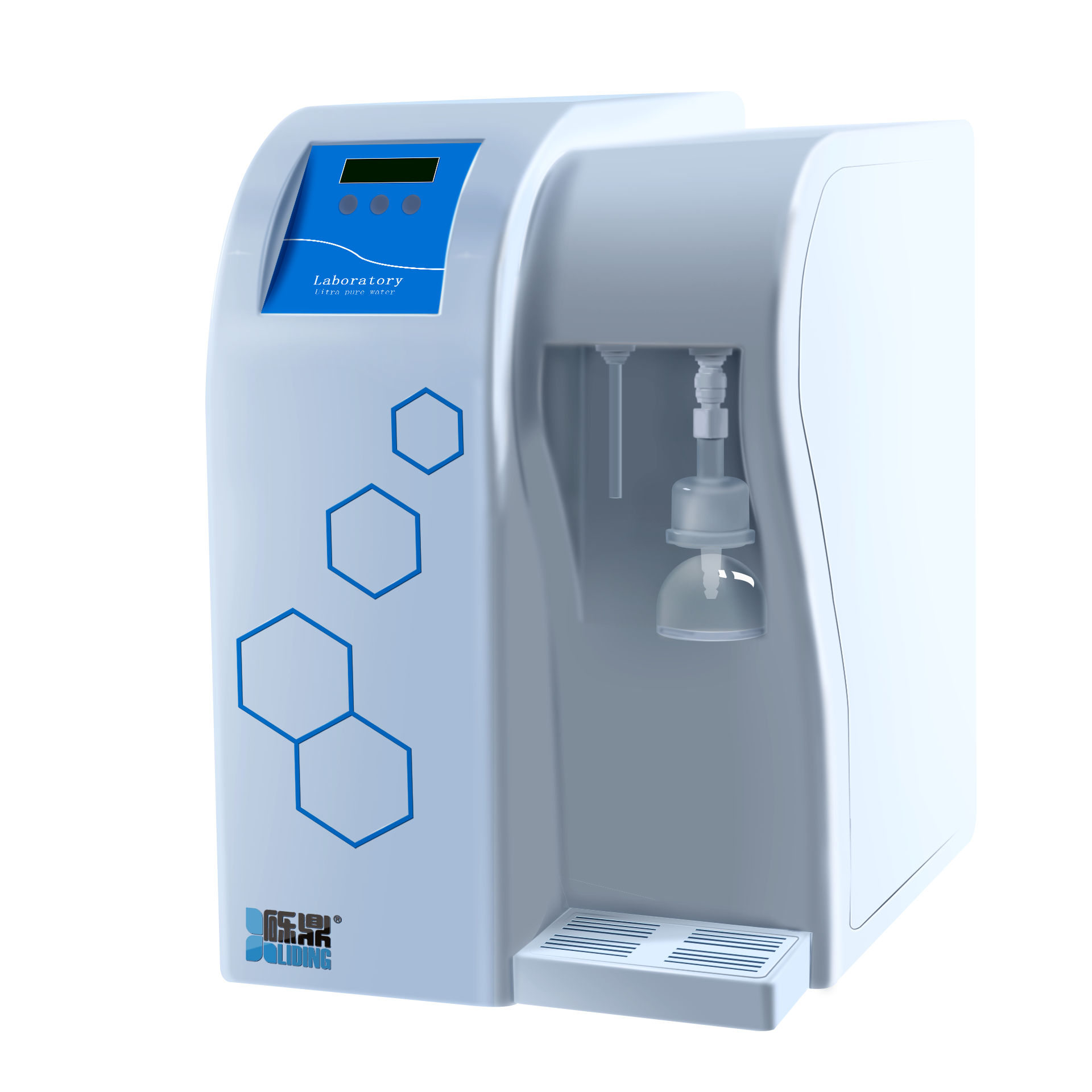Exploring the Advanced Technology Behind Laboratory Ultrapure Water Systems
Time:
Sep 17,2025
Exploring the Advanced Technology Behind Laboratory Ultrapure Water Systems
In the realm of scientific research and laboratory applications, the quality of water used is paramount. Ultrapure water systems are designed specifically to meet the rigorous standards required for various experimental and analytical procedures. This article delves into the sophisticated technology behind these systems, examining their components, processes, and the critical role they play in a laboratory setting.
Understanding Ultrapure Water: The Gold Standard for Laboratories
Ultrapure water (UPW) is not merely distilled or deionized water; it is water that undergoes extensive purification processes to remove all contaminants, including ions, organic substances, and microorganisms. The need for ultrapure water arises from the fact that even trace amounts of impurities can interfere with sensitive analytical techniques or experiments. For instance, in pharmaceutical research, the presence of contaminants can lead to inaccurate results, potentially jeopardizing drug development efforts.
The Importance of Ultrapure Water in Laboratory Applications
Different laboratory applications require varying levels of water purity. Some critical reasons why labs must utilize ultrapure water include:
- Microbiology and Cell Culture: Even the slightest contamination can result in flawed experiments or compromised results.
- Chemical Analysis: Inaccuracies in quantitative analysis can stem from using impure water, leading to misguided conclusions.
- Pharmaceutical Manufacturing: Ensuring the utmost water quality is essential in the production of drugs and medical devices.
The Technology Behind Ultrapure Water Systems
Ultrapure water systems integrate multiple purification technologies to achieve the desired water quality. Understanding these technologies offers insight into the capabilities and efficiencies of modern ultrapure water systems.
1. Pre-treatment Technologies: The First Line of Defense
Before water can be purified to the ultrapure level, it must first undergo pre-treatment to remove larger particles, chlorine, and other contaminants that could damage subsequent purification stages. Common pre-treatment methods include:
- Media Filtration: This process involves passing water through filters that capture solid particles, sediments, and turbidity.
- Carbon Filtration: Activated carbon filters effectively remove chlorine and organic compounds, preventing damage to reverse osmosis membranes.
- Softening: Ion exchange systems are utilized to reduce hardness by replacing calcium and magnesium ions with sodium ions.
2. Reverse Osmosis (RO): The Heart of Ultrapure Water Systems
Reverse osmosis is a critical component in ultrapure water systems, known for its ability to eliminate a vast majority of dissolved solids and contaminants. The process involves:
- Membrane Technology: Water is forced through a semi-permeable membrane, allowing only water molecules to pass while rejecting contaminants.
- Efficiency: RO can remove up to 99% of dissolved salts, organic molecules, and even some microorganisms, setting the stage for further purification.
3. Deionization (DI): Achieving Ion-Free Water
Deionization is another essential step in creating ultrapure water. This process employs ion exchange resins to remove cations and anions from the water, rendering it free from ionic contaminants. The key components include:
- Cation Exchange Resins: These resins exchange positive ions (like calcium, magnesium, and sodium) for hydrogen ions, effectively reducing water hardness.
- Anion Exchange Resins: These resins swap negative ions (like chloride and sulfate) for hydroxide ions, contributing to the overall purity of the water.
4. Filtration Technologies: Ensuring Microbial Control
For ultrapure water systems to meet the stringent standards required for analytical applications, microbial contaminants must be rigorously controlled. Advanced filtration technologies include:
- Ultra-Filtration (UF): This method utilizes membranes with extremely small pore sizes to remove bacteria and larger viruses.
- Micro-Filtration (MF): Similar to UF, this technique captures larger microbial contaminants, further ensuring water quality.
- UV Disinfection: Ultraviolet light is employed to eliminate any remaining microorganisms, ensuring the water remains sterile.
Innovations in Ultrapure Water Systems
As demand for ultrapure water systems continues to rise, so does the need for innovative solutions that enhance performance and efficiency. Recent advancements include:
1. Smart Technology Integration
Many modern ultrapure water systems now incorporate smart technology, allowing for real-time monitoring of water quality parameters. This capability enables:
- Automated Alerts: Users receive notifications when water quality dips below acceptable levels, prompting immediate action.
- Maintenance Scheduling: Predictive maintenance can be scheduled based on usage patterns, minimizing downtime and optimizing system performance.
2. Modular System Designs
Modular designs allow for scalability and customization, meaning laboratories can adjust their ultrapure water systems to meet changing demands. Benefits include:
- Flexible Configurations: Users can add or remove components based on their specific needs, ensuring optimal performance.
- Cost-Effectiveness: Modular systems can reduce initial investment costs while providing the ability to upgrade as required.
Choosing the Right Ultrapure Water System for Your Laboratory
When selecting an ultrapure water system, several factors must be considered to ensure that it meets the specific requirements of your laboratory. Key considerations include:
1. Required Purity Levels
Different applications demand various purity levels. Understanding the specific requirements of your laboratory is crucial in choosing the right system.
2. Volume Requirements
Assessing the daily water volume needed will help determine the size and capacity of the ultrapure water system.
3. Budget Constraints
Establishing a budget will aid in narrowing down options and ensuring that you select a system that meets your financial capabilities while fulfilling your laboratory's needs.
Maintenance and Upkeep of Ultrapure Water Systems
Maintaining an ultrapure water system is vital to ensure it continues to operate efficiently and produce high-quality water. Regular maintenance practices include:
1. Routine Monitoring
Consistently checking water quality parameters will help identify any changes that could indicate an issue with the system. This proactive approach can prevent costly repairs and ensure consistent water quality.
2. Regular Filter and Cartridge Replacement
Components such as filters, membranes, and ion exchange cartridges require periodic replacement to maintain system efficiency. Adhering to manufacturer recommendations for replacement intervals is essential for optimal performance.
3. System Sanitization
Regularly sanitizing the system helps eliminate any potential microbial contamination and maintain water quality. This process should be performed following established protocols.
Frequently Asked Questions (FAQs)
1. What is the difference between ultrapure water and deionized water?
Ultrapure water undergoes extensive purification processes beyond deionization, including reverse osmosis and carbon filtration, to achieve a higher level of purity.
2. How often should the filters in my ultrapure water system be replaced?
Filter replacement frequency depends on usage and water quality but typically ranges from six months to two years. Always refer to the manufacturer's guidelines.
3. Can ultrapure water systems remove all contaminants?
While ultrapure water systems are designed to remove most contaminants, it is crucial to use high-quality components and regularly maintain the system for optimal performance.
4. Why is microbial control important in ultrapure water systems?
Microbial contamination can compromise experimental results and lead to inaccurate data, making stringent microbial control critical for laboratory applications.
5. What maintenance steps should I perform regularly?
Routine monitoring of water quality, timely filter replacements, and regular system sanitization are essential for maintaining an ultrapure water system.
Conclusion
Laboratory ultrapure water systems are an essential component in maintaining the integrity and accuracy of scientific research. By understanding the technology behind these systems, including the purification processes, innovations, and maintenance requirements, laboratories can ensure they are equipped to handle the demands of rigorous scientific applications. The investment in quality ultrapure water systems ultimately pays dividends in achieving reliable results across a wide range of research and analytical endeavors.
RELATED NEWS








